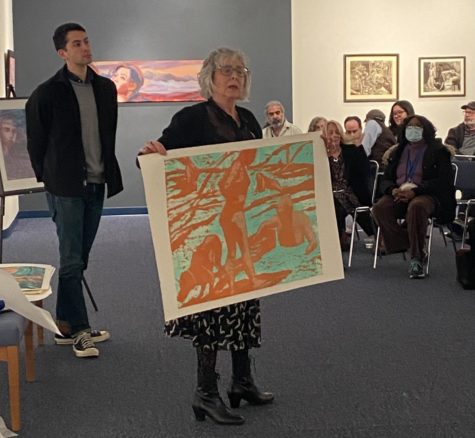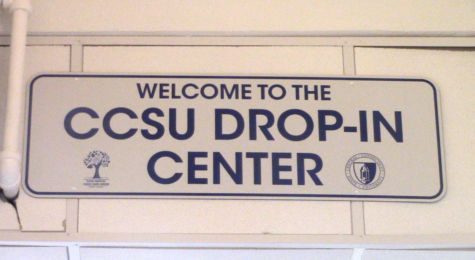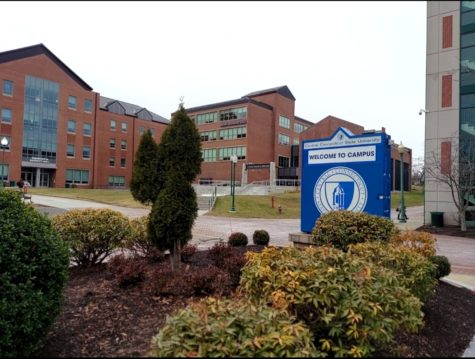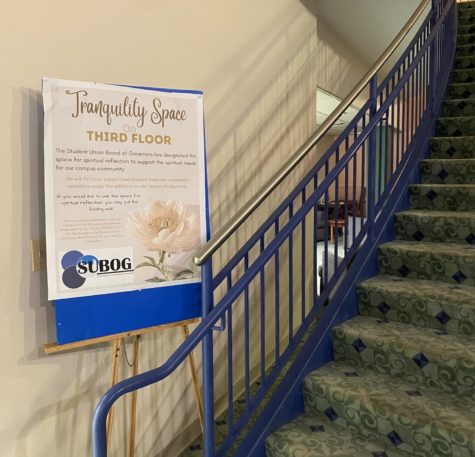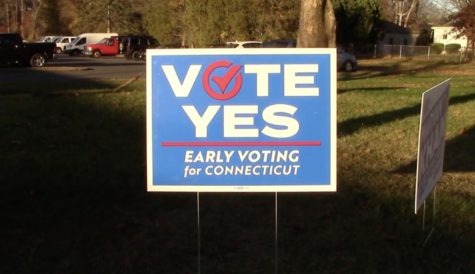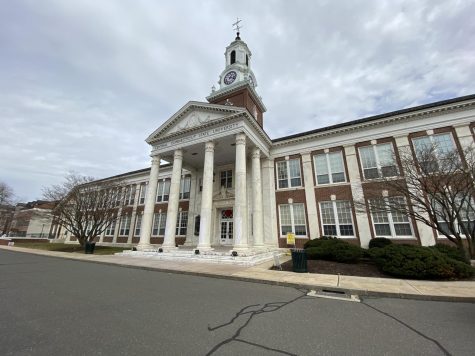Recreational Marijuana Bills Hit The Legislature Floor
Two marijuana bills are on the Connecticut legislature’s floor.
February 19, 2019
The Connecticut State Legislature proposed two new recreational marijuana bills during the new session which commenced on Jan. 9.
One of the bills, titled “An Act Authorizing And Regulating The Retail Sale Of Marijuana,” or HB5595, was introduced by 40 representatives from districts around the state, including State Representative Peter Tercyak from District 26 in New Britain.
Representative Tercyak said in a newsletter from 2017 that one of the items on his agenda was “legalizing the use of recreational marijuana and taxing its sale and distribution to raise much-needed revenue.”
The new bill would make the consumption of recreational marijuana legal for persons over 21 years old, as well as allocate a percentage of revenue from taxation to providing drug awareness education and substance abuse treatment for opiates and other drugs; studying the impact of marijuana legalization; funding drug-prevention officers in schools; creating a campaign to prevent distracted driving/under the influence of marijuana; and testing for illicit substances and potency in the marijuana sold.
“I think that’s a great idea to legalize recreational use of marijuana,” Central Connecticut pre-nursing freshman Madison Notaro said. “Not only for the purpose of smoking to have fun, but many young people benefit through its healing properties to treat anxiety, depression, eating disorders and insomnia.”
Another stipulation of the bill would expunge all marijuana possession convictions, which would add Connecticut to a list states like California and Washington who have enacted conviction forgiveness after recreational legalization.
“I think it depends on if they actually purchased the marijuana themselves, or stole it from the source. Convictions should be erased if they simply possessed it by purchase or selling it,” CCSU biology freshman Sarah Scott stated.
Medical marijuana became legal in 2012. Connecticut has since allowed the opening of 18 dispensaries. Already-established medical marijuana dispensaries will have initial access to recreational licensing if HB5595 is passed.
On Jan. 18, the bill was referred to the Joint Committee on Finance, Revenue and Bonding. But it is not the only marijuana bill to come onto the legislature’s floor.
“An Act Establishing A Cannabis Equity Policy,” or SB690, was introduced by Senator Gary Winfield of District 10 in New Haven. It aims to give tax incentives to marijuana-related companies who grant employment opportunities to ex-offenders, as well as has the goal of diversifying the licensing process.
“I think anyone should be able to work at a dispensary,” CCSU freshman nursing major Hailey Gauthier said. “If they got in trouble in the past for something [like marijuana] that’s doing only good things for people now, there’s no reason to why they shouldn’t be allowed.”
Winfield’s equality bill resembles one adopted in California last September, which was the first of its kind – California’s Cannabis Equity Act intends to reverse the impacts of past prohibitory marijuana laws.
On Jan. 28, SB690 was referred to the Joint Committee on Judiciary.
Some Connecticut lawmakers are attempting to jump on the bandwagon following other east coast states who have legalized recreational use. Recently, a billboard was positioned on I-91 North reading “Weed is legal in 60 miles” in reference to the distance to Massachusetts and legal recreational sales.
“Massachusetts is expecting to reap more than $30 million from Connecticut residents in the first year they begin the sale of recreational marijuana,” Tercyak said in the same 2017 newsletter.
Tercyak has been a representative in District 26 since 2002 and previously worked as a nursing supervisor for the State of Connecticut Department of Mental Health and Addiction Services, while Winfield has been a representative District 10 since 2014 and previously worked as a representative for District 94.
Neither Tercyak nor Winfield could be reached for comment.







